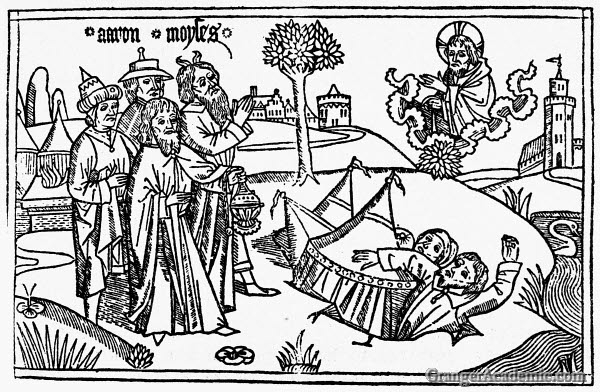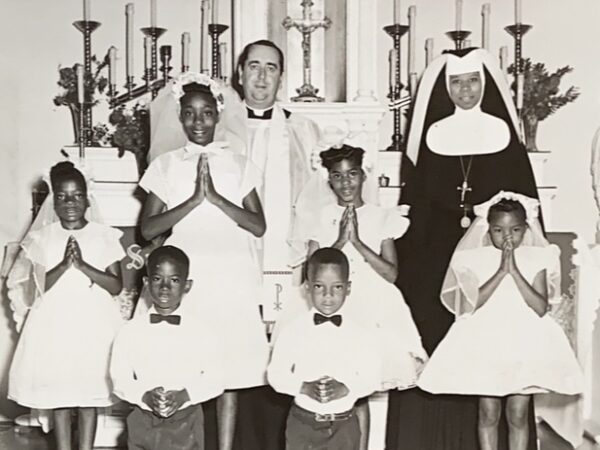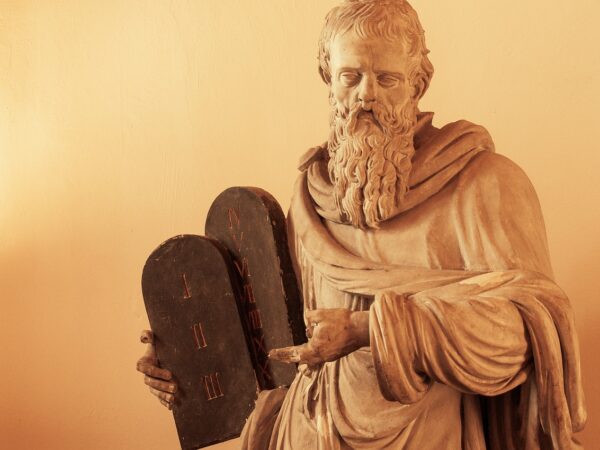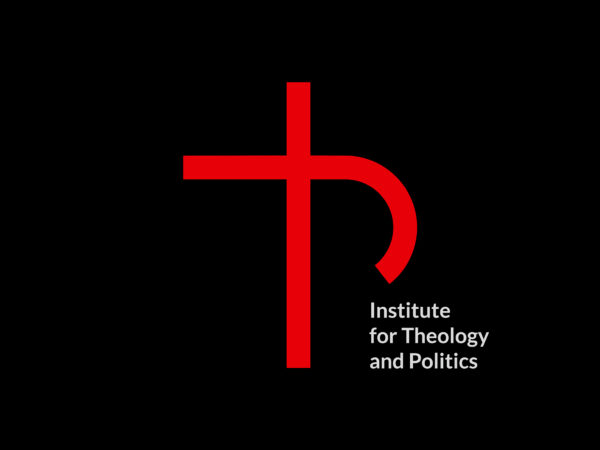
“Thinking about school education through Walter Benjamin’s concept of divine violence, we argue that schools must be defended not despite but precisely because of the violence they encompass.”

In this hymnic account of Jesus’ person and mission, his preference for and service to others becomes a paradigm for faithful human existence. God’s solidarity with the human race discloses the truth of both power and freedom.

There’s an understandable temptation to think that climate disaster is nature’s way of rebelling against the Anthropocene. But this is a dangerous way of thinking we should ward against.

If we are willing to listen to those standing around without work, however, a new possibility emerges. Why are they standing around without work? “Because no one has hired us,” they reply (Matthew 20:7). They aren’t lazy, they’re desperate enough to stand around all day waiting for work. The laborers are many; the jobs are few.

Following this path, I intended to do a non-punitive reading on Cain’s wandering by presenting it as God’s opportunity to cultivate the land while moving around the territory. This view of the nomad seeks to rehabilitate another type of relationality with the Earth by recovering its dignity in different horizons.






